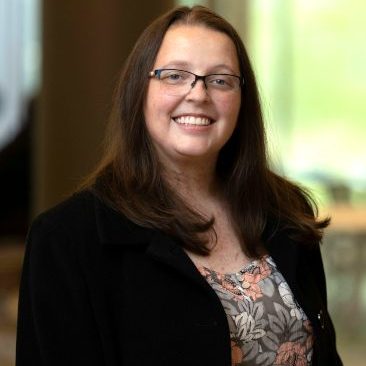ChatGPT as a qualitative research partner
The rise of generative AI has sparked new conversations about its role in academic research. While generative AI tools like ChatGPT have proven effective for summarisation, pattern recognition, and text classification, their potential in deep, interpretive qualitative data analysis remains underexplored. In our recent study, we examine the integration of ChatGPT as an active collaborator …
Continue reading “ChatGPT as a qualitative research partner”

